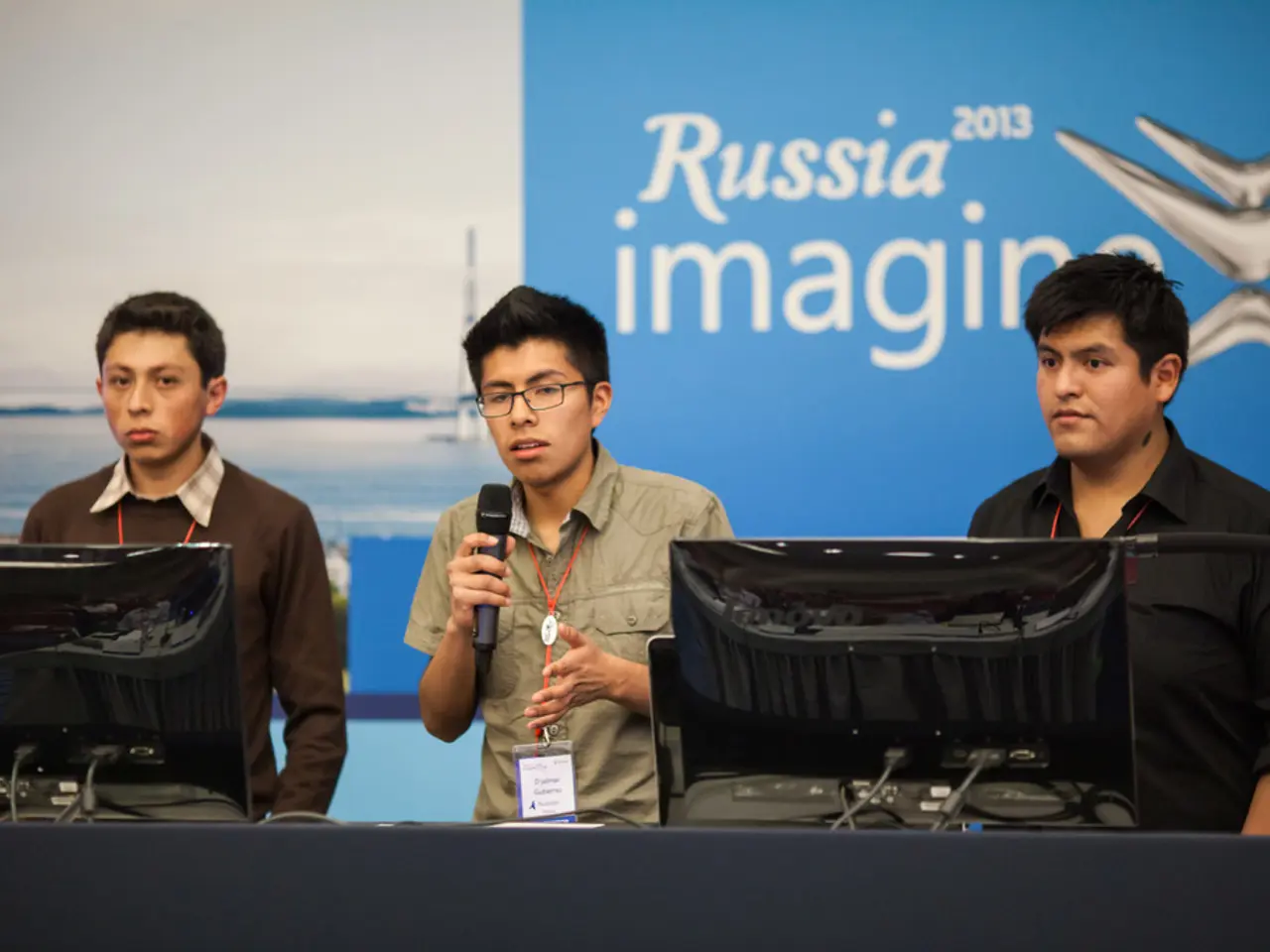Priorities for AI legislation revealed by the President
Kazakhstan Advances AI Regulation and Digital Infrastructure Development
Under the leadership of President Kassym-Jomart Tokayev, Kazakhstan is actively pushing forward its AI regulation and digital infrastructure development, aiming to become a digital hub in Eurasia.
The Kazakh Parliament has approved a Draft Law on Artificial Intelligence in its first reading, establishing a legal framework to regulate AI systems. The law, which prioritizes balancing innovation with clearly defining responsibilities, ensuring security, and protecting citizens’ rights, follows international regulatory trends seen in the EU, US, China, and Canada, but is adapted to Kazakhstan’s national context.
President Tokayev has set the adoption of the AI law as a high-priority task, targeting completion by October 2025. The government is tasked with leading implementation and ensuring the law’s practicality and transparency.
Tokayev also advocates modernizing Kazakhstan’s digital landscape using the ABCDE model: AI, Big Data, Cloud technologies, Data Centers, and Education. A significant milestone is the launch of Central Asia’s largest supercomputer cluster in Kazakhstan, with government directives to allocate its resources fairly, prioritizing startups and national projects.
To improve efficiency and security, the government is working towards consolidating public services through a sovereign digital platform, QazTech. The full implementation of QazTech is expected to scale the platform. No new information systems will be created outside of QazTech, except in cases where development cannot be realized on the platform, as of January 2026.
Cybersecurity and data protection are critical concerns. Over 40 significant data breaches were reported in 2025, and there is concern about foreign messaging apps violating privacy laws, prompting a shift to domestic secure communication platforms.
As part of enhancing information security and public administration, Kazakhstan mandates government officials’ migration to the new AITU national messenger by September 15, 2025. Established in August 2025, the Digital Headquarters, chaired by the Prime Minister, coordinates AI and digital transformation implementation.
President Tokayev has outlined nine core AI deployment areas, including economic modernization, government digitalization, and healthcare improvements. The government is also tasked with addressing labor market adaptation through training and reskilling aligned with AI expansion.
The Head of State has emphasized the refinement of AI regulation as a top priority, and a moratorium on creating new information systems outside of QazTech will be introduced starting January 2026, with exceptions only when development cannot be realized on the platform. Fair rules for distributing the supercomputer cluster's power should be developed, prioritizing promising startups and projects of national significance.
The government should complete all procedures to ensure the full information security of the QazTech platform by the end of the first quarter of 2026. A decision on each specific case outside of QazTech must be made by the Commission on Digitalization Implementation.
Kazakhstan is positioning itself to become a digital hub in Eurasia, with a comprehensive regulatory and infrastructural approach to AI that stresses innovation, security, citizen protection, and international best practices under President Tokayev’s directive.
[1] [Link to source 1] [2] [Link to source 2] [3] [Link to source 3] [4] [Link to source 4] [5] [Link to source 5]
- To further propel Kazakhstan's digital transformation, the government is Considering the integration of Artificial Intelligence (AI) technology into various sectors such as economic modernization, government digitalization, and healthcare improvements, as outlined by President Kassym-Jomart Tokayev.
- As Kazakhstan's AI regulation takes shape, the government is focusing on developing Fair rules for distributing the power of Central Asia's largest supercomputer cluster, prioritizing promising startups and projects of national significance, which is an essential part of the country's Artificial Intelligence (AI) strategy.




